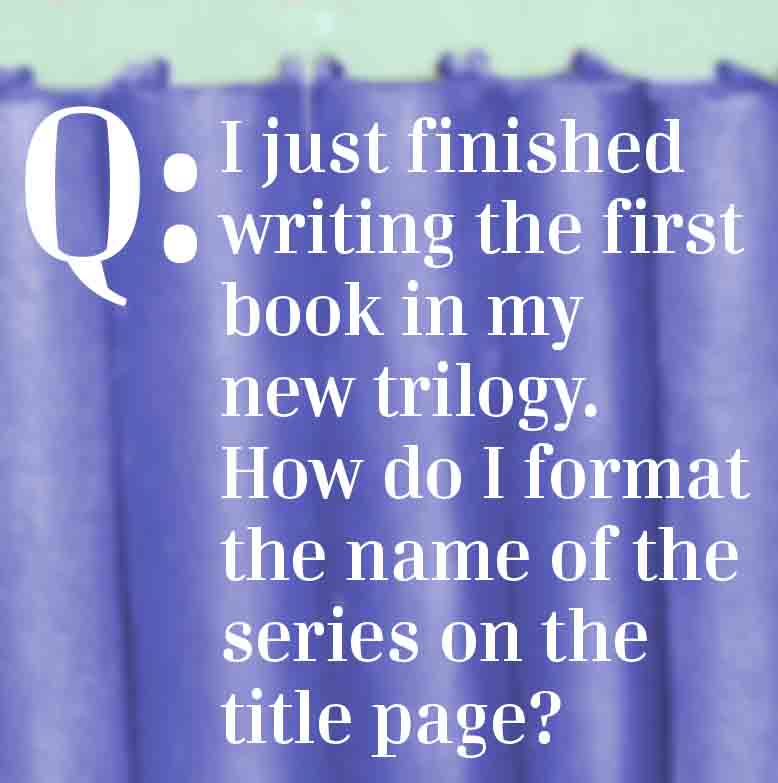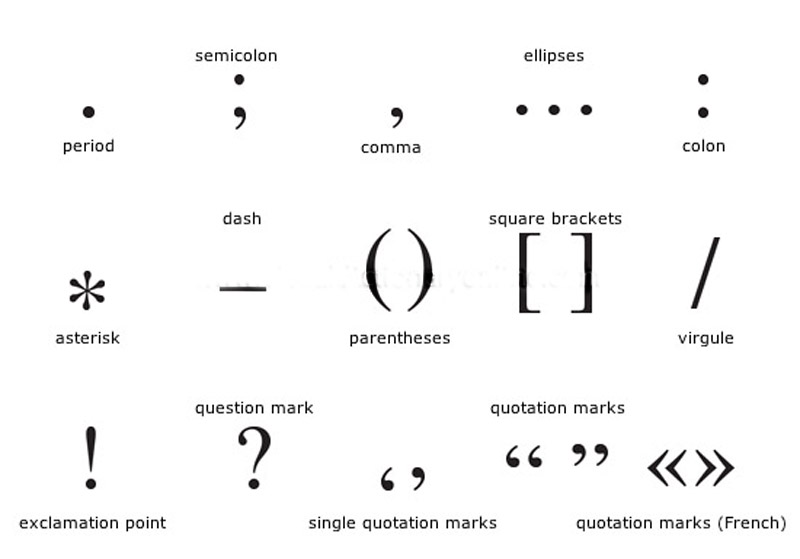
If you’re an author, you undoubtedly enjoy writing. That said, you aren’t doing it just for the sake of getting words on a page. You want to share your work with the world. Unfortunately, getting your writing in front of other people can be tough. The gatekeepers of publishing, from literary agents to editors, can be hard to get past. The good news is there are more ways than ever to get your writing out into the world. Discover some innovative ways to promote your work and get it seen by others thanks to the following advice from Inkwell Book Company.
Treat Your Writing like a Business
Instead of treating your writing as a creative hobby, treat it like a business. Setting up this structure now will make things easier if you start to earn money with your words later. BDC suggests starting by writing a business plan that describes your services, how you’ll market them, and your financial needs. For example, you might want to invest in writing software and promotional tools.
You should also create a dedicated workspace for your writing just as you would for any other type of business. You should set up an area that’s free from distractions as much as possible so you can focus on your writing. Also be sure to add elements that make it a stress-free, peaceful environment by adding ergonomic furniture, organization elements like filing cabinets, and ample lighting. If you do any major work to your home to create a home office, keep track of your updates by hanging onto equipment and work receipts. Should you sell your home in the future, your appraiser can keep these updates in mind, which may fetch you a higher home price.
Set up an Author Website
A website is a great place to promote your writing and your services as an author. For example, while you might do creative writing for yourself, you can also offer ghostwriting or copywriting services to others to make money. You don’t need to pay big bucks to set up a website these days. There are many free website builders you can use, like Wix, Hubspot, Godaddy, and Jimdo. Once your website is set up, you can promote it via digital channels like social media and blogging platforms, which are great ways to boost your profile.
Create a Portfolio
With your website set up, you can now create an online portfolio. This is where you showcase writing samples that attest to your skills as a wordsmith. Constant Content has a step-by-step guide to building your writing portfolio to help you get started. Try including a diversity of writing, maintaining a professional tone, and selecting clips that are oriented toward your target audience when building your portfolio. For example, if you’re hoping to reach non-fiction book publishers, make sure to include plenty of non-fiction clips.
Share Your Work Online
Your website can be a great place to share your work, but you should also focus on getting your writing seen elsewhere. There are many platforms for writers to share work and connect with readers. Fiction writers can try sharing their work on Wattpad, for example. Other possible platforms include Inkitt, StoryBird, Commaful, and SwoonReads. Self Publishing Hub notes that the benefits of sharing your work online include building a fan base, getting support from other writers, and trying out new ideas. You can even get feedback on works in progress.
Promote Yourself and Your Work with Marketing and Networking
Next, do what you can to spread the word about your website and your work. Social media is a great place to start but you should supplement this with some traditional methods, like business cards. If you aren’t sure how to get started, click here to access some time-tested templates that you can use for free! These are great to hand out to potential clients or leave at places like coffee shops to further expand your potential customer base.
If you’re going to be a successful writer, you need to continually boost your brand. Again, this is all about treating your writing like a business. For example, you can attend networking events to get to know other authors and people in the literary field. Good examples range from The London Book Fair to the 20 Books Conference. If you can’t travel to events, there are still many digital ways to network and promote your work. For example, you can go on a blog tour, in which you hop from blog to blog creating guest posts.
Writing can be a very lonely pursuit. However, it doesn’t have to be. By taking the above steps to promote your work and share it with the world, you can connect with readers and other writers.
Inkwell Book Company is here to empower people to share their stories. If you have any questions, we’d love to hear from you!











